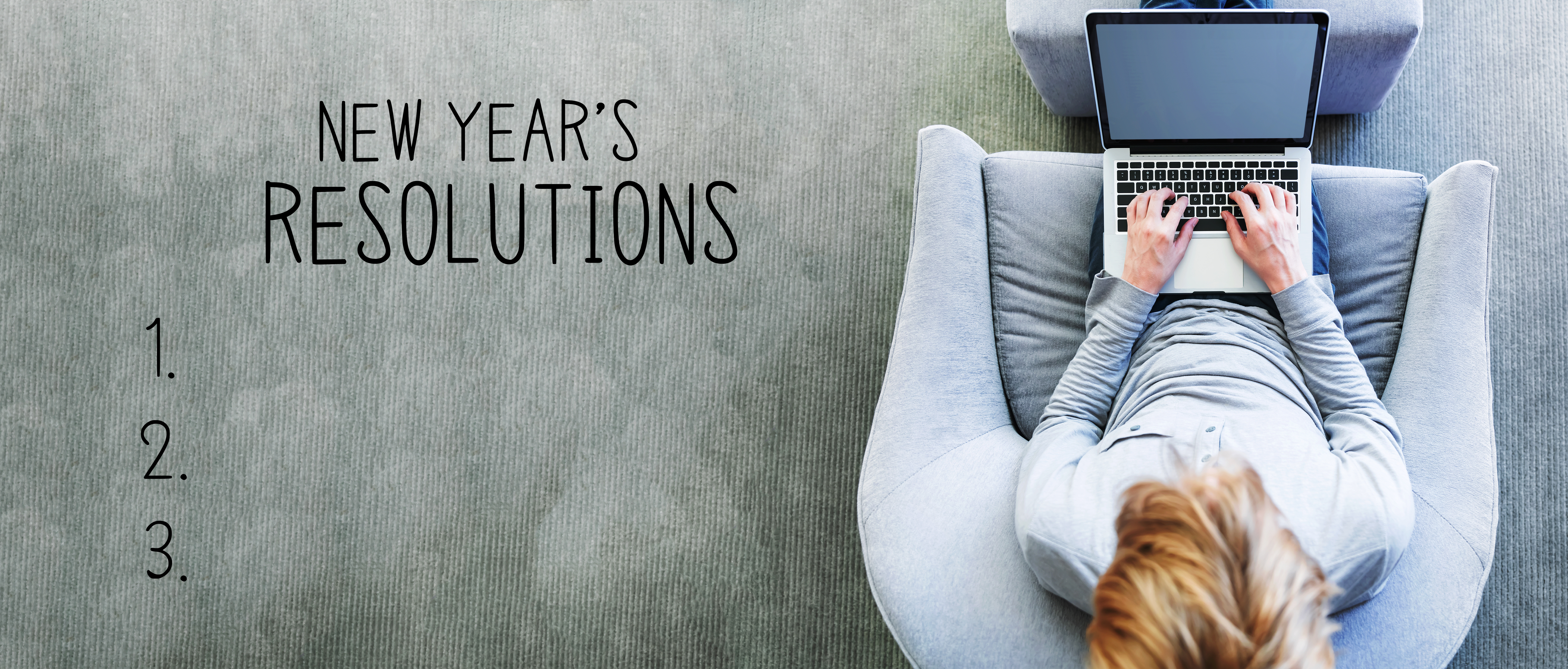- Table of Content
If the season of joy and lights feels more like the season of stress and sadness, please know this: You’re not alone, and you can find help.
The National Alliance on Mental Illness reports that 64% of people with mental illnesses experience worsening symptoms this time of year. Even when you’re mentally healthy, the holidays can strain relationships and routines, causing stress and anxiety.
Why are the holidays stressful? We’ll explore some common reasons below. But first, let’s be clear: If you’re experiencing a mental health crisis right now, you need help from a professional mental health care provider.
Please make an appointment. Or, if you’re thinking about committing suicide, call 988 to speak to someone immediately.
Why do the holidays stress people out?
The holidays can put a dent in your mental well-being for a variety of reasons. Common sources of holiday stress include:
-
- Financial worries: A lot of people feel stressed by all the shopping and spending. When money’s already tight, the holidays can cause even more financial stress, especially when you feel pressure to give a lot of Christmas or Hanukkah gifts.
- Lifestyle changes: Eating well, exercising, and getting enough rest are key components of good mental health. During the holidays, it’s easier to eat and drink too much. It’s also harder to exercise and harder to keep a regular sleep schedule.
- Weather: In a lot of places, the weather is less than joyous during the holiday season. For some people, too many dark, cold days can create or exacerbate stress. For others, winter weather causes a specific type of depression called SAD.
- Overcommitments: Holiday traditions can require a lot of work, and too much work can be stressful. Hosting parties, cooking large meals, shopping for presents, arranging holiday travel plans — there’s a lot to do!
- Family drama: Kids home from school? Extended family in town? Whatever the case, more family means more ways to disagree and annoy each other — which can mean more stress.
- Grief: Grief is always hard. During the holidays, grief can be harder because any activity and tradition can remind us of our significant loss.
- Health concerns: In the age of COVID-19, holiday gatherings have been more stressful — especially for people with underlying medical conditions that would be complicated by an infection.
- High expectations: You’re supposed to be happy during the holidays, right? When you’re not happy, it’s normal to wonder why. If you’re not careful, you can start stressing about your unhappiness and stress.
- Lack of routine: Our brains depend on our habits to create a sense that life is normal. During the holidays, too many days away from the normal routine can create stress for some people.
And, of course, many of us experience a combination of these common holiday stressors.
One key to maintaining mental health during the holidays is to think ahead. When you know in advance that a situation will be stressful, you’ll be better equipped to deal with it.
Do the holidays cause anxiety?
Anxiety is a normal human response to changes and stress. Since the holidays can be filled with stress and changes, they can cause anxiety.
Most of the time, a little holiday anxiety is normal. At these times, you can take a few minutes to identify the specific source of the anxiety. When you address the anxiety’s cause, you deal with the anxiety.
In fact, in a normal person’s brain, anxiety can be a helpful cue, a reminder to take care of a problem before it grows larger.
Say, for example, you’re anxious about having out-of-town guests spend the night in your home because the pipes have been making a funny noise lately. Your feelings of anxiety could be prompting you to call a plumber or to get hotel rooms for some of the guests.
This isn’t always how it works, though. Feelings of anxiety can spin out of control, during the holidays or anytime, and turn into unhealthy anxiety disorders. This is a mental health condition that requires help.
How can I reduce stress and anxiety during the holidays?
You can reduce holiday-related stress and anxiety by addressing the causes. For example:
-
- Do your best to eat well, exercise, and sleep: Nobody can control everything during the hectic holiday season, But you can keep your health in mind so you can make mindful decisions about what you eat and drink, how late you stay out, and how often you exercise.
- Create realistic budgets for spending and your time: Overcommitments of time and money tend to happen gradually — one expensive gift or one commitment at a time. Pacing yourself with a budget in advance can keep you in control and promote better mental health.
- Be realistic about expectations and grief: There are going to be ups and downs. There’s going to be fun and sadness. That’s part of life at any time of year. Knowing what to expect can help you roll with the flow. And if you’ve experienced a recent loss, allow yourself to feel bad.
- Look through the lens of gratitude: Try to find something you can be thankful for, even in the midst of holiday stress. The gratitude angle has been connected to better mental health.
For more ideas, check out our 10 tips to reduce holiday stress.
What if all those helpful tips don’t make a difference?
The internet is full of mental health advice. Much of the advice is good. It can help people who are dealing with normal mental health strains. However, online articles, including the one you’re reading right now, can’t diagnose and treat a mental health disorder.
Instead, you’d need to start a conversation with a mental health care provider, someone who can talk through your specific challenges and help find the right solutions and treatments.
Mental health conditions include anxiety disorders, depression, substance abuse disorders, and bipolar disorders.
Where can I get mental health help?
During the holidays or any time, you can find quality mental health care in an outpatient clinic or even online. In most areas, a quick Google search will show certified healthcare providers who work nearby.
In the Piedmont Triad region of North Carolina, Mental Health Associates of the Triad helps people manage their mental health during the holidays and year-round.
At Mental Health Associates, it’s OK to not be OK. Almost everyone deals with physical illness at some time. The same is true with mental illness.
With any type of illness, healing begins with your decision to get help. As a mental health agency, Mental Health Associates is committed to providing immediate help and long-term support.
Reviewed by Karen Rudd, LMFT, LCAS




